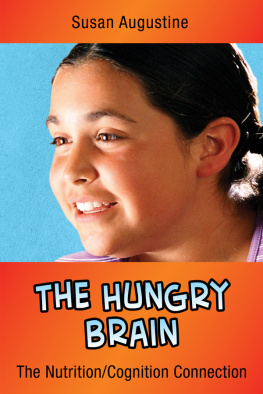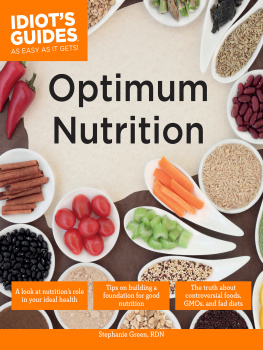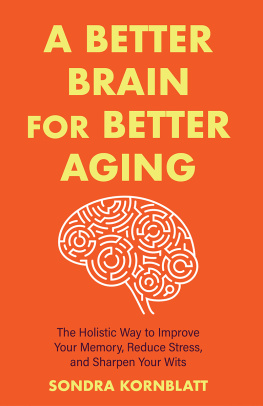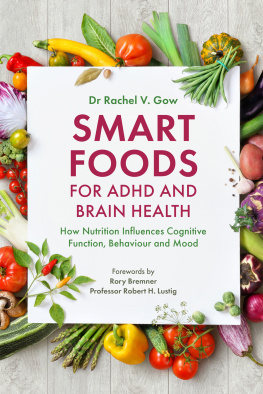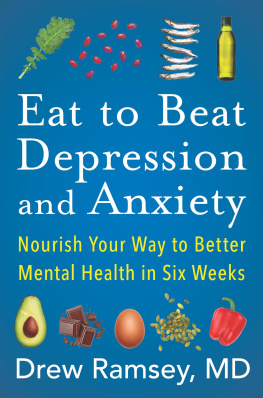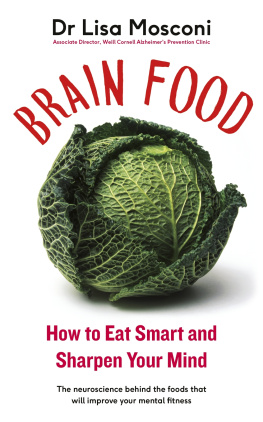In A Nutshell
series
The Hungry Brain: The Nutrition/Cognition Connection
Susan Augustine
inFormative Assessment: When Its Not About a Grade
Robin J. Fogarty and Gene M. Kerns
The Adult Learner: Some Things We Know
Robin J. Fogarty and Brian M. Pete
How to Differentiate Learning: Curriculum, Instruction, Assessment
Robin J. Fogarty and Brian M. Pete
A Look at Transfer: Seven Strategies That Work
Robin J. Fogarty and Brian M. Pete
Close the Achievement Gap: Simple Strategies That Work
Brian M. Pete and Robin J. Fogarty
Nine Best Practices That Make the Difference
Brian M. Pete and Robin J. Fogarty
Twelve Brain Principles That Make the Difference
Brian M. Pete and Robin J. Fogarty
Data! Dialogue! Decisions! The Data Difference
Brian M. Pete and Catherine A. Duncan
Cooperative Learning: A Standard for High Achievement
R. Bruce Williams
Higher Order Thinking Skills: Challenging All Students to Achieve
R. Bruce Williams
Multiple Intelligences for Differentiated Learning
R. Bruce Williams
Copyright 2007 by Corwin
First Skyhorse Publishing Edition 2015
All rights reserved. No part of this book may be reproduced in any manner without the express written consent of the publisher, except in the case of brief excerpts in critical reviews or articles. All inquiries should be addressed to Skyhorse Publishing, 307 West 36th Street, 11th Floor, New York, NY 10018.
Skyhorse Publishing books may be purchased in bulk at special discounts for sales promotion, corporate gifts, fund-raising, or educational purposes. Special editions can also be created to specifications. For details, contact the Special Sales Department, Skyhorse Publishing, 307 West 36th Street, 11th Floor, New York, NY 10018 or .
Skyhorse and Skyhorse Publishing are registered trademarks of Skyhorse Publishing, Inc., a Delaware corporation.
Visit our website at www.skyhorsepublishing.com.
10 9 8 7 6 5 4 3 2 1
Library of Congress Cataloging-in-Publication Data is available on file.
Print ISBN: 978-1-63220-560-5
Ebook ISBN: 978-1-63220-976-4
Printed in the United States of America
Contents
Preface
Imagine an average child, someone who seems perfectly normal. A child who blends in so well that others believe she is a happy, healthy little girl. Yet, this child feels uncontrollable, uncomfortable depression, a feeling so mystifying, so perplexing, the human intellect seems unable to comprehend or even respond.
I was that child and that was the first half of my life, consumed with feelings of pain. I believed dying was better than living. In fact, I hoped I would die. I even tried to die. I thought other kids seemed happy and able to handle life, but I felt I could not. Even psychiatric help and a program of various drug therapies did not help. Finally, I tried to end the pain with a suicide attempt.
My depression lasted 22 years. Then, I met a physician who diagnosed my condition as a biochemical depression. He began to balance my brain chemistry with nutrients. I stopped eating sugary foods, which exacerbated my already delicate chemistry. I took vitamins and minerals and focused on a low sugar diet. Within two weeks I felt different. In fact, I remember the moment I no longer felt depressed. It was a Friday. I felt the normal exhaustion of a working week completed, but for the first time I did not feel melancholy in any way. No sadness! I thought to myself, I think I feel happy. I think this is what happy feels like. It was the first time I did not experience the darkness of not wanting to be alive. Its absence was so noticeable, it was as though a throbbing music had finally stopped. I was 22 years old at the time. Now, well, lets just say I am no longer in my 20s. But I am happy and well.
Because of my experience, I have been studying nutrition and its effects on mood, mind, memory, and behavior for more than 20 years. This is why I wrote this book.
Introduction
Presented in this book for educators is a new concept that breaks from the traditions in which teachers think about the brain and how children learn. Its food first this time. It is time to feed the brain, literally! The importance of good nutrition to good health cannot be denied. Yet, we have simply ignored this fact in schools. The brain, even more so than other organs in the body, does not eat with impunity.
The word diet comes from the Greek word, diatia, which means, a way of life. This applies to all of lifes eating, including brain food or brain nutrition. Unfortunately eating for brain gain is not very well modeled in our schools!
Since the brain is the busiest organ in the body, working even as we sleep, it requires a vast amount of nutrients flowing through it moment by moment to function optimally. This means that nutrients in the form of amino acids from proteins, vitamins and minerals from plant foods, specific fats from foods, and glucose in the form of blood sugar are needed by this busy brain. Furthermore, there is no room in the brain to store food up for a rainy day. Learners must eat nutritious foods daily for peak brain performance. When the brain fuel supply plummets its difficult for people to concentrate and to remember.
Three Food Groups
In order to simplify the teaching of nutrition, this author has comprised three food groups. Do not be fooled by the truncated version of the famous Food Pyramid. In this authors experience of teaching nutrition to teachers and children, it was noted that kids, and even adults, often cannot make sense of the Food Pyramid. Nor did they care to.
The three food groups are comprehensive and easy enough for children to remember. Truly, all foods do fall into only three classifications: animal foods, plant foods and junk foods, the last category having little or no food value.
The brain prefers good clean unadulterated foods from the plant and animal groups. If it grows in the ground, or we pick it off of a vine or tree, its a plant. If it is walking around on four legs or two legs (fowl), or if it swims in the ocean or lake, it is considered an animal or animal food.
If it is manufactured in a factory from scraps of food or food artifacts with much added sugar, salt, fat and fake flavors and colors, its a junk food and should be avoided as much as humanly possible.
If it is manufactured in a factory from scraps of food or food artifacts with much added sugar, salt, fat and fake flavors and colors, its a junk food and should be avoided as much as humanly possible. Candies, cookies, cakes, fake salty snacks, such as Cheetos, are all considered junk food. Many breakfast cereals contain fake bits of so called food (such as marshmallows) and lots of added sugar. They are most definitely junk foods. These foods can wreak havoc on the brain by robbing it of nutrition in two ways: (1) too much sugar robs the brain and body of chromium, a mineral important for brain functioning; and (2) by crowding out room for the more nutritious foods the brain really needs. When a child is consuming too much junk food there is no room in the stomach for healthier, real food that has nutritional value. Our western world has become so impervious to the glut of junk food that exists that we no longer think it strange or unusual to consume a liter of soda per day instead of water. Moreover, a lunch of cream cheese (fake food) on a bagel, a meal so stripped of nutrients that laboratory rats have literally perished on it is seen as the norm.

